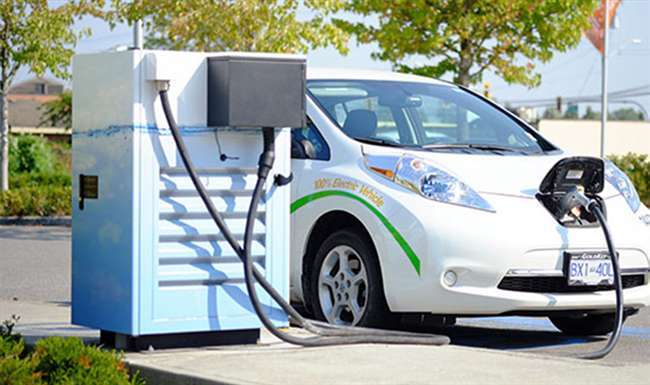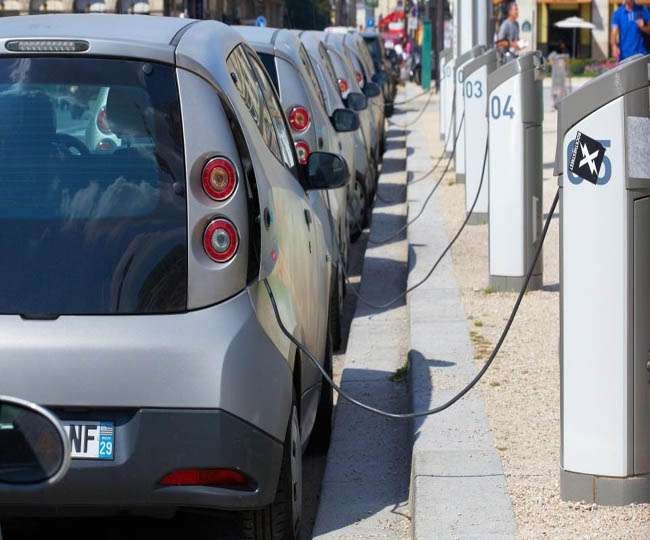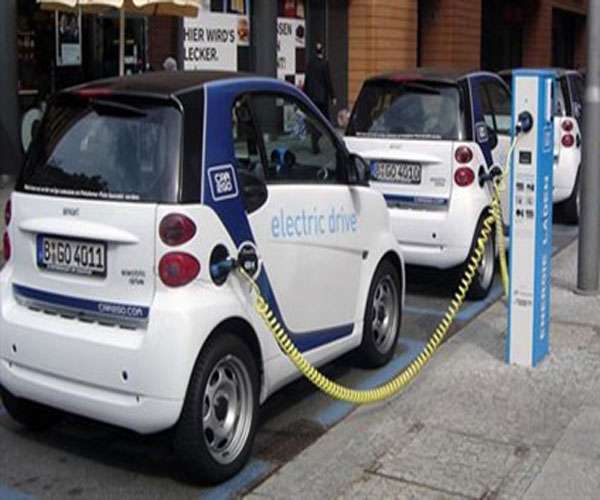
If you are planning to buy an electric car and you have some kind of confusion about charging it, then forget it. The team of engineers is now making such arrangements for charging such electric cars that when you reach such charging point and place your car in the charging point, after that your car will take just as long to charge like a cup of tea. It will take drinking and using the toilet. During this time your electric car will be so charged that you will be able to comfortably go for about 200 miles.
Engineer develops batteries
A team of engineers is now developing a battery that will recharge in just 10 minutes. After this much recharge, the car will be able to go for about 200 miles. Engineers now believe that the faster the battery they develop, the demand for such cars will increase accordingly. Researchers at Penn State University in the US say that in the coming years the number of electric cars will increase, due to this, such research is being done so that those who drive electric cars do not worry that their car’s battery discharge It is going to happen and they should not travel further keeping this in mind.
Charging at high temperatures will avoid lithium plating
Engineers state that the flow of lithium particles, known as ions, from one electrode to another electrode to charge the unit and keep the energy ready for use does not come easily with rapid charging at low temperatures. Instead of ions being readily deposited in the anode electrode, they terminate in spikes on the surface, known as lithium plating. Reduces battery capacity and possibly makes it unsafe.

Researchers said that charging at high temperatures avoids the lithium plating problem but prolonged high heat also degrades the battery. They have now found that if the battery can heat up to 60C (140F) for only 10 minutes and then rapidly cool down again to atmospheric temperature, lithium spikes will not form and heat damage can be avoided. The battery design they came up with is self-heating using a thin nickel foil. The rapid cooling required after charging the battery will be done using the cooling system designed in the car.
Recharge can be done multiple times
The study, published in the journal Julie, showed that they could fully charge an electric car in 10 minutes. This battery can be recharged several times. Professor Chao-Yang Wang at Penn State said that we demonstrated that we could charge an electric vehicle for a range of 200 to 300 miles in 10 minutes. It can maintain 2,500 charging bicycles or the equivalent of half a million miles. He said that the 10-minute trend is for the future and is necessary to adopt electric vehicles.
How to recharge your electric cars safely
Never use a domestic multi-socket extension lead when charging your electric vehicle. If you need to use an extension lead then only use one that is suitable for outdoor use such as reel cable. The method of plugging more than one extension to reach greater distances increases the risk of electric fire as well as electric shock. Always buy your charging cable from a reputable retailer or directly from the manufacturer who will ensure such products through rigorous tests so that they meet safety standards.

Check the cable thoroughly before using it, replace it if you see any damage. If you are charging from the main socket in your home, make sure that your property has wiring checked before doing so. Old wiring may not be able to withstand the demand of charging your vehicle overnight, so a fire is more likely to occur. The safest and most convenient way to charge your vehicle at home is through a box charging point.
Some countries will stop petrol and diesel cars
In the coming times, some countries will completely ban diesel and petrol cars here. It is also being said that the government’s ban on the sale of new petrol and diesel cars is set to be implemented by 2040. Scotland has a separate set of guidelines indicating a switch-over to 2032 and a ban on petrol or diesel vehicles. The Committee on Climate Change believes that by 2030 or 2035 the latest models of electric vehicles will arrive. From 2024 to 2025, the price of these vehicles will be equal to the price of conventional vehicles running today.











